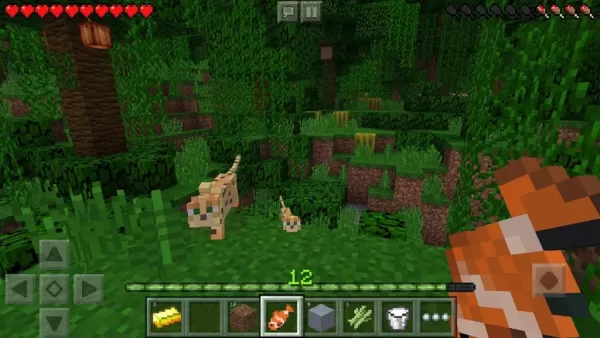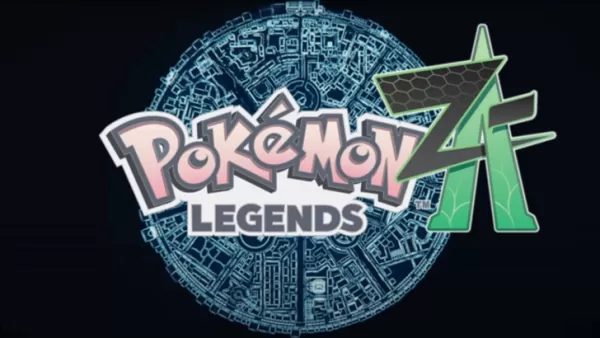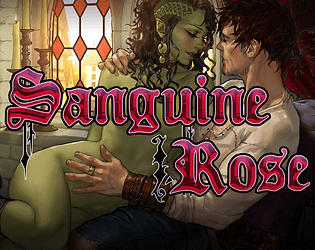At the Game Developers Conference (GDC) last month, we had an in-depth conversation with John “Bucky” Buckley, the communications director and publishing manager for Palworld developer Pocketpair. This interview followed his insightful talk at the conference, titled 'Community Management Summit: A Palworld Roller Coaster: Surviving the Drop.' During his presentation, Buckley candidly discussed several challenges faced by Palworld, including accusations of using generative AI (which Pocketpair has debunked) and claims of stealing Pokemon's models for its Pals (retracted by the original accuser). He also touched on the unexpected patent infringement lawsuit from Nintendo, describing it as a "shock" to the studio and something they hadn't anticipated.
While we've covered some highlights from our discussion in shorter articles, the depth of Buckley's insights into Pocketpair's community management warranted sharing the full interview. For those interested in specific topics, you can find shorter pieces on the possibility of Palworld on the Nintendo Switch 2, the studio's reaction to being called “Pokemon with guns,” and the potential for Pocketpair's acquisition.
This interview has been lightly edited for clarity:
IGN: Let's start with the lawsuit you briefly mentioned in your GDC talk. Has it impacted Pocketpair's ability to update and move forward with Palworld?
John Buckley: The lawsuit hasn't made it harder to update the game or move forward. It's more of a constant presence that affects our morale. It hasn't impacted development, but it's a burden on the company's spirit. Of course, lawyers are involved, but that's handled by the top executives, not the rest of us.
IGN: I was intrigued by your reaction to the "Pokemon with guns" label in your talk. Why did it bother you?
Buckley: Many think that was our goal from the start, but it wasn't. Our aim was to create something akin to ARK: Survival Evolved, with more automation and unique creature personalities. We're big fans of ARK, and our previous game, Craftopia, drew inspiration from it. The "Pokemon with guns" label emerged after our first trailer, and while we weren't thrilled, it stuck.
IGN: You mentioned in your talk that you couldn't explain Palworld's sudden popularity. Do you think the "Pokemon with guns" phrase played a role?
Buckley: Absolutely, it was a significant factor. It caught a lot of attention, even leading to someone trademarking "Pokemonwithguns.com." While it's fine if people want to call it that, we're frustrated when they assume that's what the game is without playing it. We encourage everyone to try it first.
IGN: If you could choose a different moniker, what would it be?
Buckley: Perhaps something like "Palworld: It's kind of like ARK if ARK met Factorio and Happy Tree Friends." It's not as catchy, but it's more accurate.
IGN: You also addressed the criticism that Palworld used AI-generated art. How did that impact your team?
Buckley: It was a massive blow, especially to our artists. It's frustrating to see false claims that we used AI, particularly when it affects our dedicated Pal concept artists. We released an art book to counter these claims, but the impact was less than we hoped. Our artists, especially our female artists in Japan, prefer to stay out of the public eye, making it harder to refute these accusations.
IGN: The gaming industry is currently discussing generative AI. How do you respond to the skepticism around AI art?
Buckley: Much of the criticism stems from a Kotaku article where our CEO commented "Sugoi" (amazing) on AI art. It was misinterpreted as enthusiasm rather than just an acknowledgment. Additionally, a game we developed, AI: Art Imposter, led to misconceptions about our stance on AI. It was meant to be a fun party game, not a declaration of our love for AI.
IGN: What's your take on the state of online gaming communities and social media's role?
Buckley: Social media is crucial for us, especially in the Asian market where it's deeply integrated into daily life. However, online gaming communities can be intense. People get emotional and lash out, which we understand to an extent. But death threats are a different story; they're illogical and hurtful. We're as invested in the game as our players, if not more, and it's painful when things go wrong.
IGN: Do you think social media is getting worse?
Buckley: There's a trend where some accounts gain notoriety by taking the opposite stance on popular games, often for clicks and attention. Luckily, Palworld has largely avoided this kind of political and social controversy, focusing instead on gameplay feedback.
IGN: It was interesting to hear that the majority of the criticism came from Western audiences. Why do you think that is?
Buckley: We're a divisive company in Japan, but the overseas market was our primary focus. Perhaps it was just easier for Western audiences to criticize at the time. The intensity has since decreased significantly.
Palworld Screens
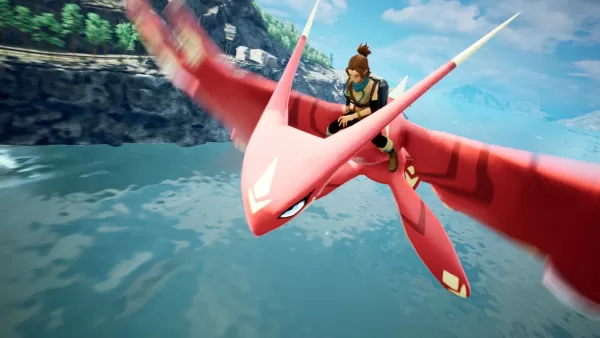
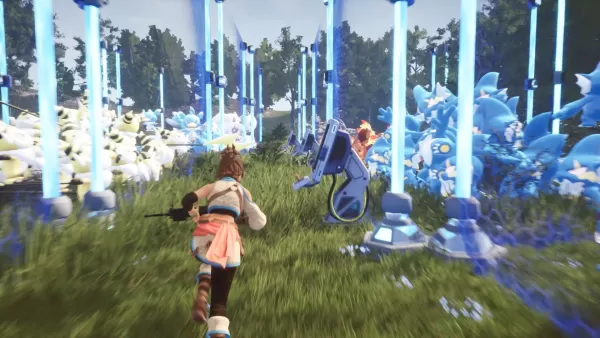 17 Images
17 Images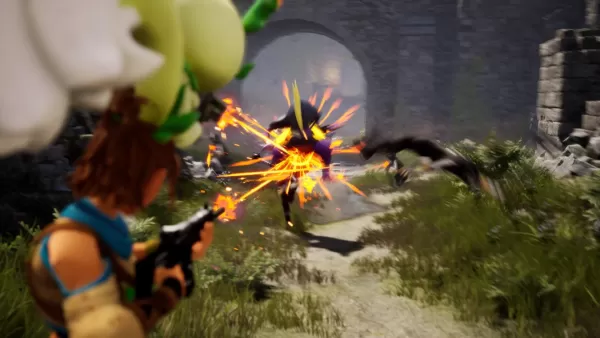
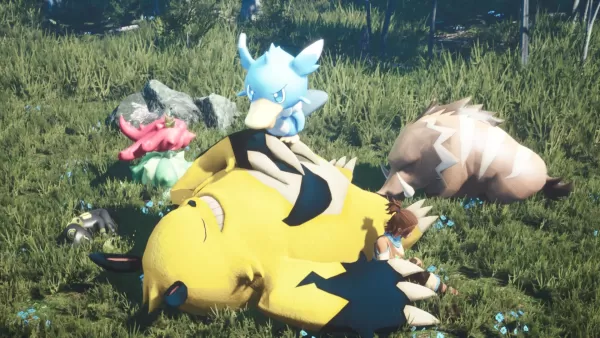
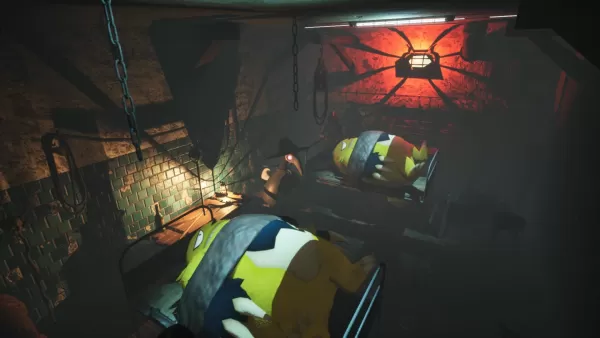
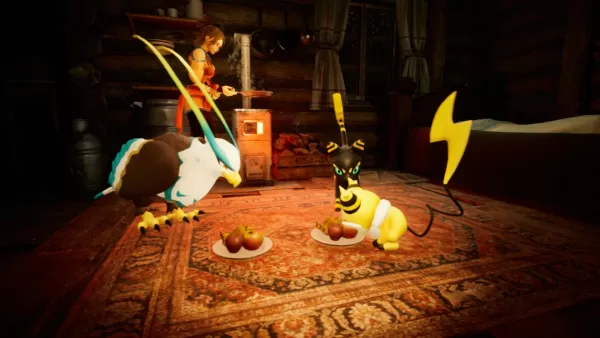
IGN: Palworld was incredibly successful. Has this changed how Pocketpair operates or plans for the future?
Buckley: It's changed our future plans, but the studio's culture remains largely unchanged. We're hiring more developers and artists to speed up development, but our CEO wants to keep the company relatively small. The success was unexpected and surreal.
IGN: Do you anticipate supporting Palworld for the long term?
Buckley: Palworld is here to stay, though its future form is uncertain. We're also continuing to work on other projects like Craftopia. Palworld has split into the game and the IP, with the IP being managed by Aniplex and Sony Music.
IGN: There's a misconception about your partnership with Sony. Can you clarify?
Buckley: We're not owned by Sony. That partnership is often misunderstood, and it's likely to remain that way.
IGN: Would Pocketpair ever consider being acquired?
Buckley: Our CEO would never allow it. He values independence and doing things his way. It's unlikely to happen in my lifetime.
IGN: Do you see Pokemon as a competitor, especially with their frequent releases?
Buckley: We don't see Pokemon as a direct competitor. Our audiences and systems are different. We were more focused on other survival games like Nightingale and Enshrouded. Competition in games is often manufactured for marketing. We're more concerned with timing than direct competition.
IGN: Would you consider releasing Palworld on the Nintendo Switch?
Buckley: If we could make it work on the Switch, we would. The game is quite demanding, but we're optimistic about the Switch 2, depending on its specs.
IGN: What's your message to those who misunderstand Palworld without playing it?
Buckley: I think many people have misconceptions based on news and drama. I encourage them to play it. We're considering a demo to help people experience the game firsthand. It's not what people might think, and we're not the company some portray us to be. Last year was exceptional for gaming, with many successful titles like Palworld, Black Myth: Wukong, and Helldivers 2.


